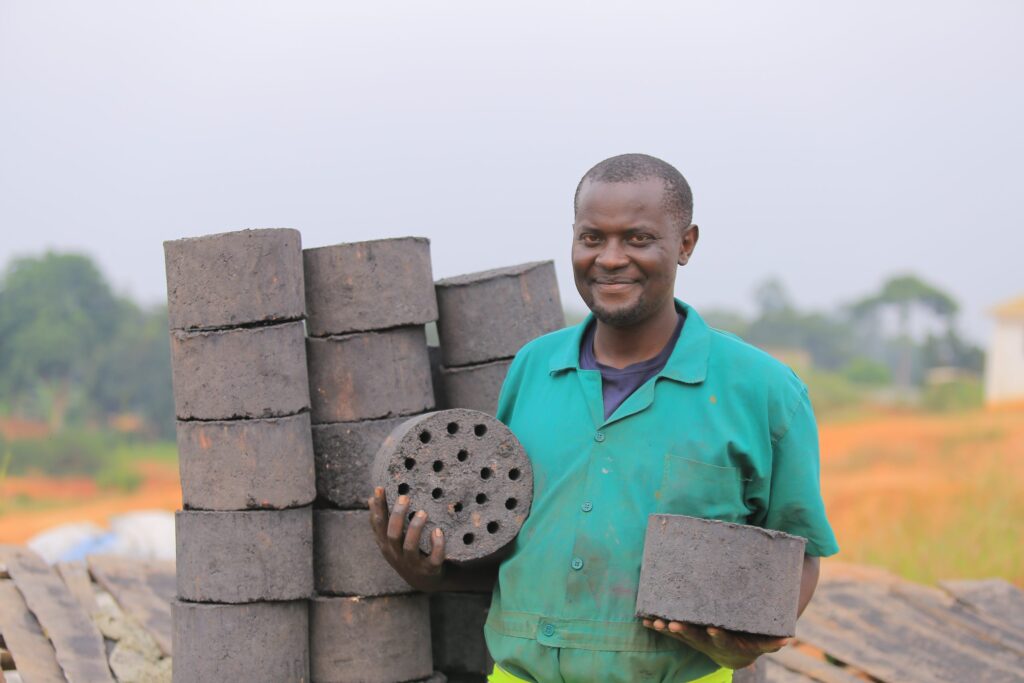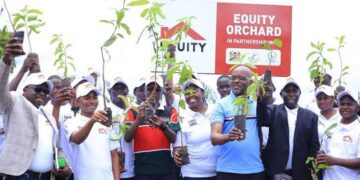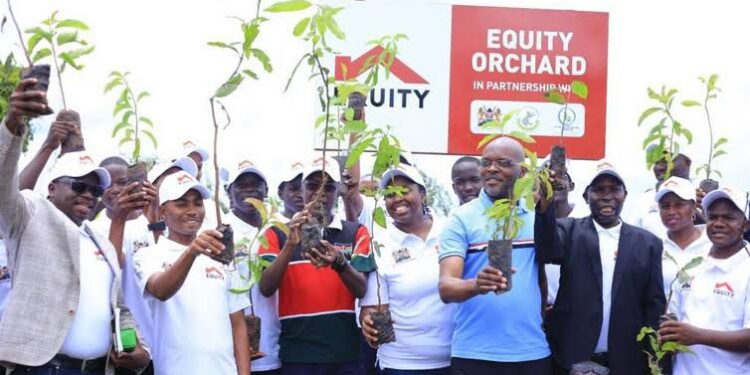As the world commemorates Global Energy Independence Day 2025 on July 10, Equity Bank Uganda is taking the lead in advancing sustainable energy access through its bold commitment to clean energy financing.
At the heart of this effort is the Equi-Green credit facility, a transformative programme that offers affordable financing for solar systems, clean cookstoves, water tanks, and solar-powered irrigation. This initiative is helping communities transition from polluting energy sources like charcoal, kerosene, and firewood to cleaner, renewable alternatives.
Since its 2022 launch, the Equi-Green facility has disbursed over UGX 22 billion, enabling the distribution of more than 51,000 clean energy products to households, small businesses, and institutions across Uganda. The result: improved energy access, better air quality, and a measurable reduction in the country’s carbon footprint.

Aligned with this year’s theme, “Empower Local, Power the Planet,” Equity Bank’s model is inclusive. With flexible loans starting from UGX 200,000 and partnerships with over 18 clean energy providers, even low-income rural households are gaining access to high-quality, sustainable energy solutions.
The impact extends beyond homes. In schools and health centres, solar systems funded through Equi-Green have enhanced safety, learning, and service delivery. Clean cookstoves are reducing health risks from indoor smoke, while water tanks are improving hygiene and sanitation.
As Uganda marks its own progress toward energy independence, Equity Bank stands out as a leading example of how financial institutions can drive green transformation by making clean energy affordable, accessible, and sustainable.
In doing so, Equity Bank is also supporting the Government of Uganda’s national energy goals, as outlined in the Energy Transition Plan (2023) and the upcoming National Development Plan IV (2025–2030). These strategies prioritise a balanced energy mix, combining oil and gas development with major investments in renewable energy infrastructure to ensure universal access, affordability, and sustainability.









